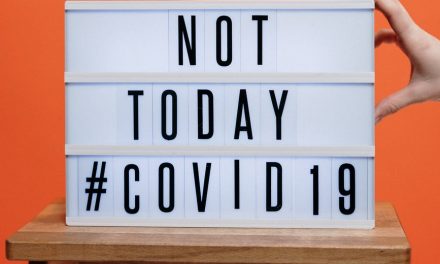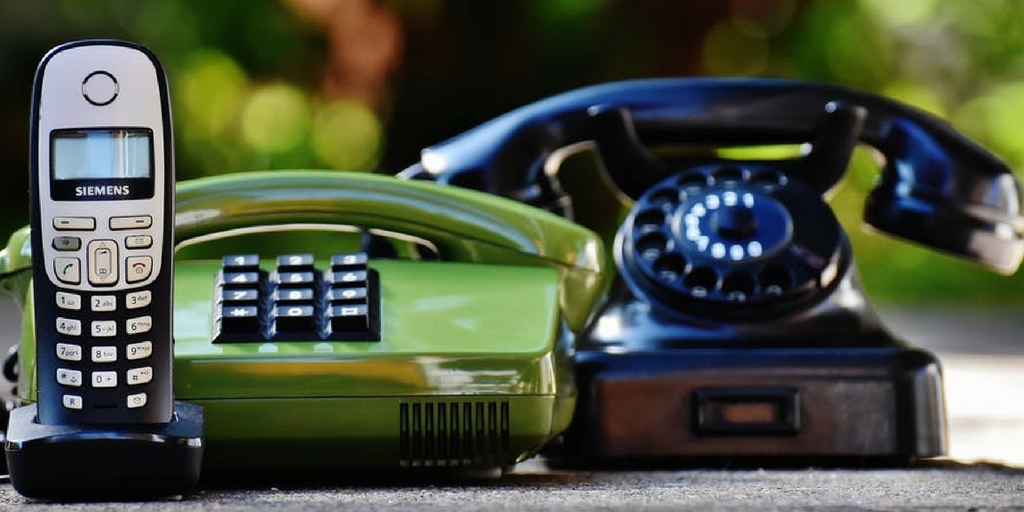I was 11 when I first got my period. I still remember it to this day. I must have read “Are You There God? It’s Me, Margaret.” at least a dozen times in preparation for my big day. I’d read some book that talks about how different cultures celebrate puberty and periods with young girls so when it happened, I knew what it was.
I nervously went to my mom and told her, “Mom, I got my period”. She was watching TV in her room and my brother was sitting on her bed. He started to tease me and my mom stopped him in his tracks. She was excited, I felt awkward. All she had were these huge, super thick, Kotex pads. I knew I wanted Always with Wings Super Thin. She asked me if I wanted a party–naturally I declined.
Making Sure My Daughter Is Prepared For Her Period
Even though going through puberty is the most natural thing for a little girl I wasn’t sure how to really prepare her for it. My mom and I had had brief conversations about it but I got most of my information from a couple books. Being completely honest, I’m not really ready to see my baby go through puberty.
Or talk about it.
Because I wasn’t sure where to start, I got a couple of books from the library to prepare her. Mini has been DYING to know more about getting her period and going through puberty. I didn’t know where to start and these books really helped us.
Bunk 9’s Guide to Growing Up: Secrets, Tips, and Expert Advice On the Good, the Bad, & the Awkward
I gave this to Mini and she’d finished reading it within the day. It was a great book to her but she wasn’t quite ready to discuss it. This was the first book that stood out to me at the library because of how cute and casual it made this whole growing up thing seem.
The Period Book: Everything You Don’t Want To Ask (But Need To Know)
This book was so cute! And this one was the one that prompted all her questions about puberty, her period, and hormones.
Having the Conversation About Her Period
The biology stuff, I can handle. Our conversation went a little like this:
When you get your period, your uterus is getting rid of an unused egg that dropped down from your Fallopian tube. There is a lining that’s connected to capillaries and when it sheds, it causes bleeding. This bleeding is your period.
Boom. Easy as pie, right?

Puberty Is More Than Just Your Period
The blood is the easy part of puberty. That’s the part that makes sense. There’s a definitive cause with a definitive effect. You ovulate, there’s no implantation, there’s the shedding of your uterine lining. Your period. And then the cycle begins again. This makes perfect sense.
The part that’s hard is the hormones and what it does to your brain, your emotions, your thoughts and how you act. This is the part that’s hard because nothing is definitive. There’s no specific guide to the effect of changing hormones on a little person’s body. Everyone reacts differently to the release of hormones and this is something that no one is certain of.
So how do you explain this? How do you give definition to something there’s really nothing that has the same definition to everyone?
Talking About The Unknowns of Puberty
During puberty, their little brains go through exponential growth. Like similar growth to that of when we’re infants. This growth can be so hard to process and deal with as a kid. And this is actually the part that we don’t talk to our kids about–this is also the part that they need to be talked to about the most.
So how do you talk to them about this?
Honestly.
As parents it’s so normal for us to feel like we have to know everything and like we are prepared for all things. But sometimes we aren’t and being honest with them is ok. In fact, I think it makes opening the conversations up with them easier.
What’s important is to let them know that these changes are coming. We need to let them know that it may feel like they’re going a little crazy and there may be new feelings but that you’ll be here to help them through it.







